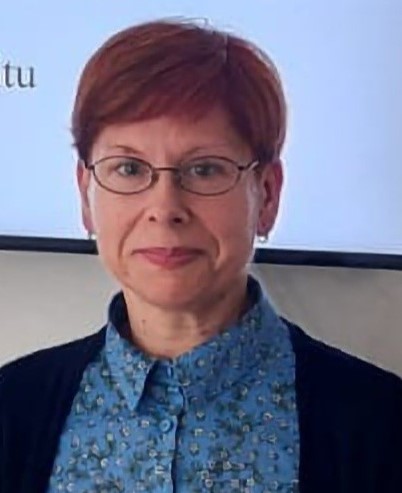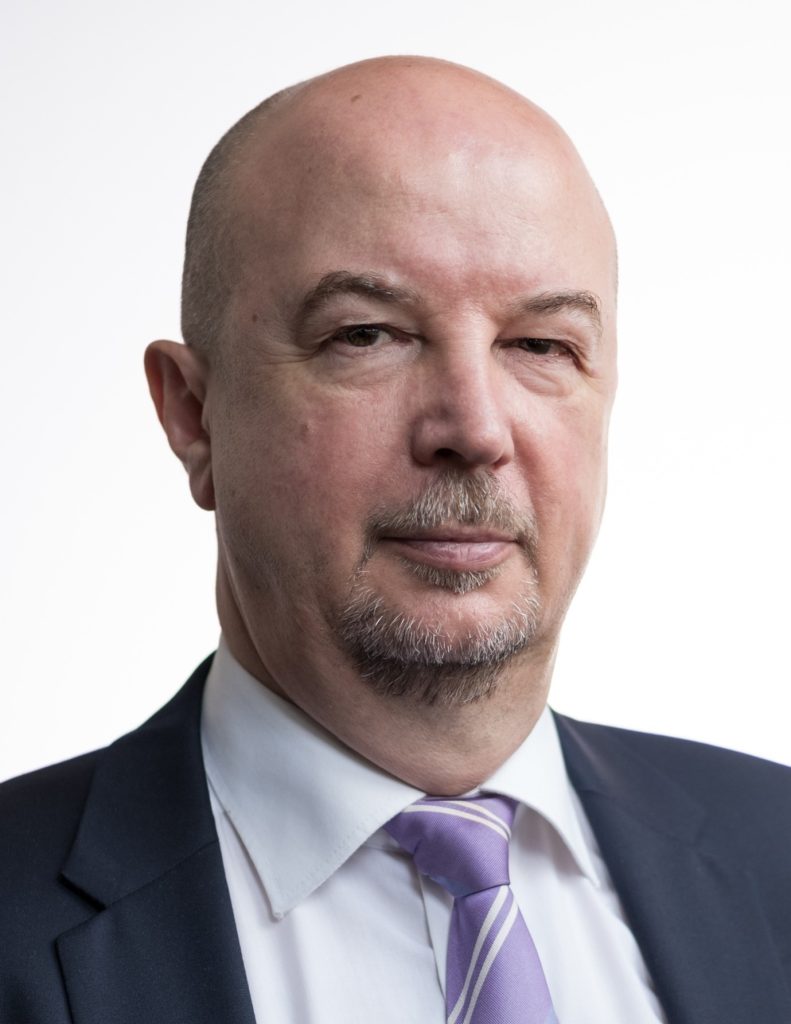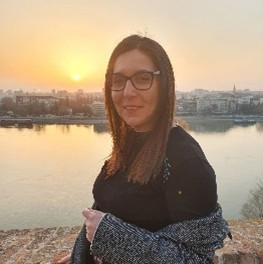ISIP INVITED TALK 1: SOME LEGAL CHALLENGES OF PROCESSING PERSONAL DATA ON THE INTERNET
Maja Proso, PhD
University of Split, Faculty of Law, Split, Croatia
Summary: The fast pace of information and communication technology development introduces considerable challenges and risks for safeguarding personal data, given the internet’s central role in nearly all aspects of daily life. Privacy and data protection are connected, as legal data protection mechanisms are essential for online privacy. Recognized internationally as a basic human right, the misuse of technology has recently illuminated the significance of privacy in modern society and the difficulty of defining it within the context of ongoing technological and informational growth. The digital shift also affects how companies analyze user preferences for targeted advertising. This invited talk will examine the right to personal data privacy, the current legal protections, and specifically the rules and some obstacles related to processing personal data online, taking as an example profiling and target advertising, particularly concerning the use of cookies. Internet companies process this data to create tailored advertisements, products, and services for individual consumers.

Biography: Maja Proso, Associate Professor, PhD is employed at the Faculty of Law, University of Split, at the Department of Civil Law, where she teaches as the head of mandatory and elective courses in the integrated undergraduate and graduate law program, in the professional undergraduate administrative studies program, in the postgraduate specialist program in Medical Law, and in the postgraduate University doctoral program in legal sciences. She is the author of a scientific book (monograph), co-author of a university textbook, and numerous scientific papers in which she has addressed topics in civil law, medical law, sports law, food law, consumer protection law, environmental law, as well as topics related to the protection of (personal) data in the digital environment and AI. She has participated as a presenter, with papers or invited lectures, at numerous domestic and international scientific and professional conferences.
ISIP INVITED TALK 2: Co-relation Between the NIS 2 Directive and the Standard HRN EN ISO/IEC 27001:2023
Dražen Lučić, PhD
Summary: The European Union (EU) Directive on security of network and information systems 2 (NIS 2) sets a range of network and information security requirements which apply to the various sectors of economy. International Standard Organisation (ISO) has issued the new version of the standard 27001, related to information security, in order to corelate to the requirements in NIS 2 directive and to cope better with contemporary requirements on cybersecurity. The case study of a legal entity with public authorities in Croatia, as a typical mid-size EU member state, has been presented. Croatian Standards Institute (HZN) issued last year the version of HRN EN ISO/IEC 27001:2023 standard in order to support the entities in Croatia in building an effective and reliable cybersecurity. Pre-emption of possible cybersecurity incidents with a negative influence on business activities as well as risk management and crisis management plan are some of the most important prerequisites for a successful business continuation.

Biography: Dražen Lučić owns PhD degree at Faculty of Electrical Engineering and Computing, University of Zagreb, Croatia. More than 20 years he was working at Ericsson, mostly as manager and in Western Europe, eventually as Senior Sales Manager for a global telecommunication operator. After coming back to Croatia, he was from 2009 until 2019 Executive Director and President of the Council of Croatian National Regulatory Authority for Network Industries (Electronic Communications, Postal Services and Railway Services – HAKOM). Since 2019 he works at Croatian Chamber of Economy as the head of Information security department. He is (co)author of more than 100 papers and articles which are published in media and presented at both international and national conferences. He is lecturer at the Faculty of Computing and Informatics and at the Faculty of Geodesy and geomatics at University North. Dražen Lučić is also the Vice president of the Council of the postgraduate multidiscipline specialist study of electronic communications market regulation at Faculty of Electrical Engineering and Computing at University of Zagreb. He is certified internal auditor for ISO/IEC 27001. He is member of the global working group for cybersecurity at International Chamber of Commerce (ICC) and president of the working group for digital economy at ICC Croatia. Dražen Lučić is senior member of IEEE and member of several Croatian associations as well as councils and working groups associated to various ministries and related to information security, cybersecurity, corporate security and “artificial intelligence”.
OWIN6G INVITED TALK: Bridging the Spectrum Indoors: Hybrid RF/OWC Solutions for Smart IoT Systems
Milica Petkovic, PhD, University of Novi Sad, Serbia
Abstract: As an innovative modern technology for both indoor and outdoor applications, the optical wireless communications (OWC) represent wireless connectivity using infrared, visible or ultraviolet bands. With its powerful benefits such as high bandwidth, low cost and operation in an unregulated spectrum, OWC have received an attention in research and industry areas as an appropriate alternative or complement to the traditional radio-frequency (RF) systems. To address the surging demand for wireless connectivity driven by the massive deployment of Internet of Things (IoT) devices, hybrid indoor networks that integrate RF and OWC technologies are emerging as a key enabler of next-generation connectivity. These heterogeneous networks combine the wide coverage and maturity of RF systems (e.g., WiFi, Bluetooth) with the high-capacity, interference-free characteristics of OWC technologies (e.g., LiFi, VLC). Such hybrid architectures offer enhanced throughput, reliability, energy efficiency, and spectrum utilization compared to stand-alone solutions. Moreover, they enable seamless user experiences through intelligent handover, load balancing, and adaptive resource allocation. The synergy of RF and OWC within shared indoor environments is particularly promising for applications requiring low latency, high security, and precise localization—ranging from industrial automation and smart healthcare to immersive AR/VR services. This talk will explore the potential of hybrid RF/OWC indoor networks to meet the stringent requirements of 5G-and-beyond IoT systems and highlight the key challenges and future research directions in their design and deployment.

Biography: Milica Petkovic was born in Knjazevac, Serbia, in 1986. She received the M.Sc. and Ph.D. degrees in electrical engineering from the Faculty of Electronic Engineering, University of Nis, Serbia, in 2010 and 2016, respectively. Currently, she is an Assistant Professor with the Department of Power, Electronic and Telecommunication Engineering, Faculty of Technical Sciences, University of Novi Sad, Serbia. Her research interests are in the broad area of digital communication systems with emphasis on optical wireless communications (OWC), indoor OWC for future Internet of Things (IoT), design of free-space optical (FSO) communication systems, mobile cellular systems (5G and beyond 5G). She published more than 50 papers in top-tier journal and conference proceedings. She was a national representative and WG4 Vice-Chair for the EU COST action СА19111 on Optical Wireless Communications. She is coordinator of Autonomous Province of Vojvodina Long-term Project, “Visible light technology applications for detection, localization and communication in smart buildings,” as well as Proof of Concept, The Science Fund of the Republic of Serbia, “Design and implementation of IoT gateway for hybrid OWC/LoRa networks”. She has been involved in many national and international projects.
